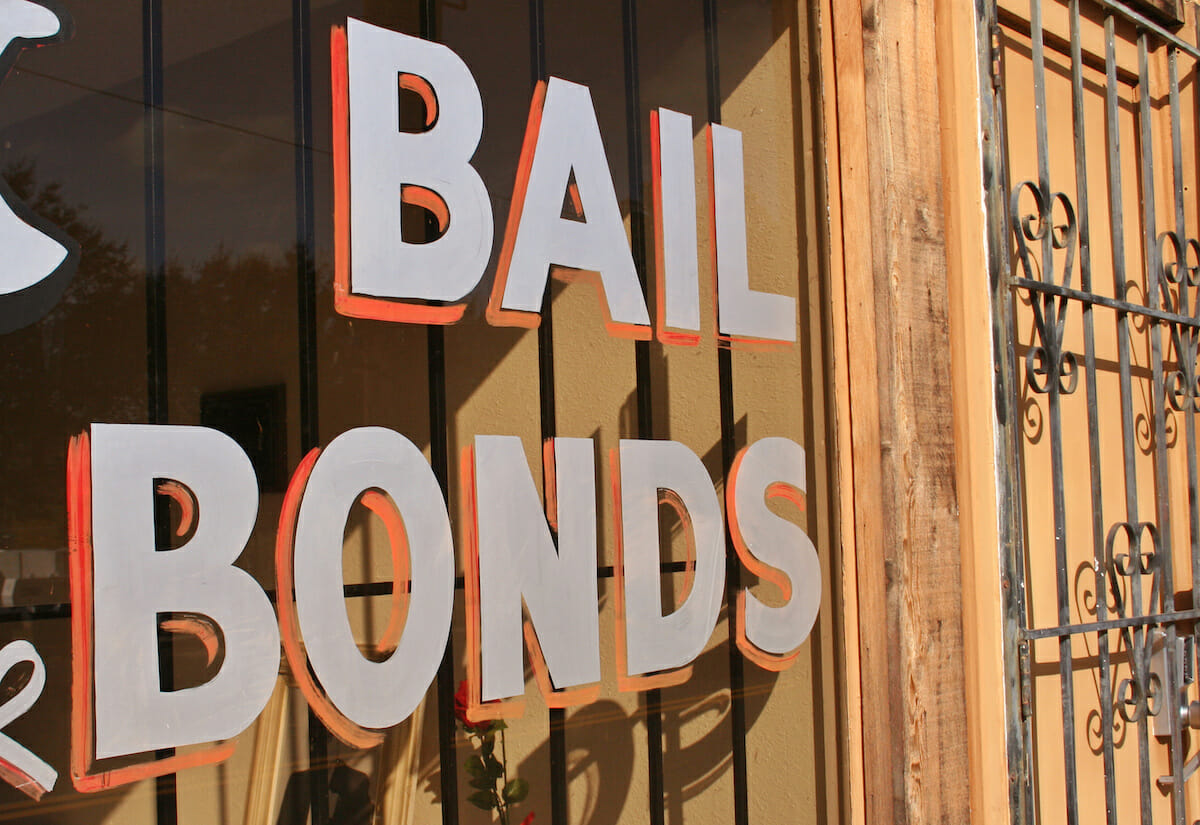Explore Reliable Bail Bonds Services for Quick Assistance.
Your Guide to Quick and Budget-friendly Bail Bonds Solutions
A complete understanding of the various types of bond bonds, along with an understanding of the factors influencing expenses, is important for making audio choices. Determining trusted bail bond agencies that provide versatile payment frameworks can substantially ease the financial problem.
Understanding Bail Bonds
Bail bonds serve as a device that enables individuals charged of criminal activities to protect their release from wardship while awaiting trial. If the charged can not pay for the bail amount set by the court, they might look for the solutions of a bail bond agent.

Comprehending how bail bonds function is important, as they provide an important service within the legal system, balancing the legal rights of the accused with the need for public safety and judicial liability.

Types of Bail Bonds
Numerous kinds of bond bonds exist to suit different conditions and needs within the judicial system. The most common kind is the surety bond, where a bondsman gives a warranty to the court in exchange for a charge, generally a percent of the overall bond quantity. This bond enables people to secure their launch without needing to pay the complete bond upfront.
An additional kind is the cash bond, which requires the offender or their family members to pay the entire bond amount in cash money straight to the court. This choice is often utilized for lower bond quantities and can lead to the return of funds upon the accused's court look.
Home bonds are one more alternative, in which people use real estate as security for their bail - Bail Bonds near me. This kind of bond can be complex, as it entails the assessment of the residential or commercial property and the capacity for liens
Last but not least, government bonds are used in government cases and usually involve bigger sums and a lot more strict conditions. Understanding these various kinds of bail bonds can help accuseds and their family members make informed decisions customized to their certain legal scenarios.
Price Elements in Bail Bonds
The cost of bond bonds can differ considerably based upon several crucial variables that influence the general cost for accuseds and their families. Mainly, the amount of the bail established by the court plays a crucial role. Bail quantities can range from minor amounts for less severe offenses to significant figures for more severe crimes, causing greater bond premiums.
Another essential variable is the danger analysis carried out by the bail bond agent. If the offender is deemed a flight danger or has a criminal background, the agent may bill a higher premium to mitigate their economic direct exposure. Furthermore, the state policies controling bond bonds can influence prices, as various states impose varying maximum charges that agents can bill.
The sort of collateral called for also affects the general price. In some instances, a bail bond company may require home or properties as collateral, which can influence the last amount owed. Payment plans provided by bail bond business might add to prices, as rate of interest or charges can be sustained if settlements are spread out over time. Recognizing these factors is important for defendants and their families when browsing the bond process.
The Bail Bond Refine
Understanding the price elements related to bond bonds is vital for browsing the succeeding phases of the bond procedure. The bail bond process commonly starts when a defendant is detained and apprehended. Upon reservation, a bond amount is established based upon the nature of the costs and the defendant's criminal history. If the accused can not afford to pay the bond, they might look for a bail bond from a qualified bondsman.
The bondsman requires a percentage of the overall bond amount as a non-refundable cost, which generally ranges from 10% to 15%. When the cost is paid, the bondsman will certainly publish the bail with the court, securing the offender's release. It is essential for defendants or their households to give accurate details to the bail bondsman, as any kind of discrepancies may make complex the process.
Complying with launch, the accused how to start a bail bond business must follow the court's conditions, consisting of going to all scheduled hearings. Failing to comply can cause the bail bondsman withdrawing the bond, leading to re-arrest. Recognizing this process allows people to make informed decisions and makes certain compliance with legal commitments, inevitably helping with a smoother change back to their daily lives.
Finding Affordable Options
Discovering inexpensive alternatives for bail bonds is important for offenders and their households, especially during a monetarily demanding time. The cost of bond can frequently be frustrating, making it important to determine alternatives that minimize financial burdens you can try these out while making sure the offender's release.
One effective approach is to look for bail bond agencies that offer flexible layaway plan. Many reputable firms recognize the monetary stress on families and offer choices that permit installation payments, reducing the upfront price. Furthermore, some agencies might provide discounts for specific demographics, such as army workers or novice customers, which can better reduce monetary impact.
It is additionally a good idea to compare prices among various bail bond services. Various aspects can affect the cost structure, consisting of the nature of the crime and the quantity of bond collection. Transparency in pricing is essential, so ask about any surprise fees or extra costs.
Conclusion
